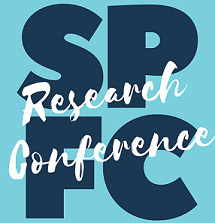Effect of emotionally focused therapy on building connection between foster children and their caregivers
Faculty Sponsor(s)
Don MacDonald, Ph.D.
Presentation Type
Event
Project Type
Research proposal
Primary Department
Marriage and Family Therapy
Description
The foster care population presents a unique set of treatment challenges for clinicians as the potential concerns span behavioral, physical, and emotional health. Numerous studies have found connections between parenting styles and symptoms of foster children. This led to the use of Attachment Theory as treatment, which also serves as the foundation of Emotionally Focused Therapy. This theory is designed to build attachment security between family members, which seems to fill the biggest treatment gap in foster families (Johnson & Greenman, 2006). This study explores the effects of EFT on treating foster families in comparison to another widely used treatment method, Parent-Child Interaction Therapy.
Copyright Status
http://rightsstatements.org/vocab/InC/1.0/
Additional Rights Information
Copyright held by author(s).
Effect of emotionally focused therapy on building connection between foster children and their caregivers
The foster care population presents a unique set of treatment challenges for clinicians as the potential concerns span behavioral, physical, and emotional health. Numerous studies have found connections between parenting styles and symptoms of foster children. This led to the use of Attachment Theory as treatment, which also serves as the foundation of Emotionally Focused Therapy. This theory is designed to build attachment security between family members, which seems to fill the biggest treatment gap in foster families (Johnson & Greenman, 2006). This study explores the effects of EFT on treating foster families in comparison to another widely used treatment method, Parent-Child Interaction Therapy.


